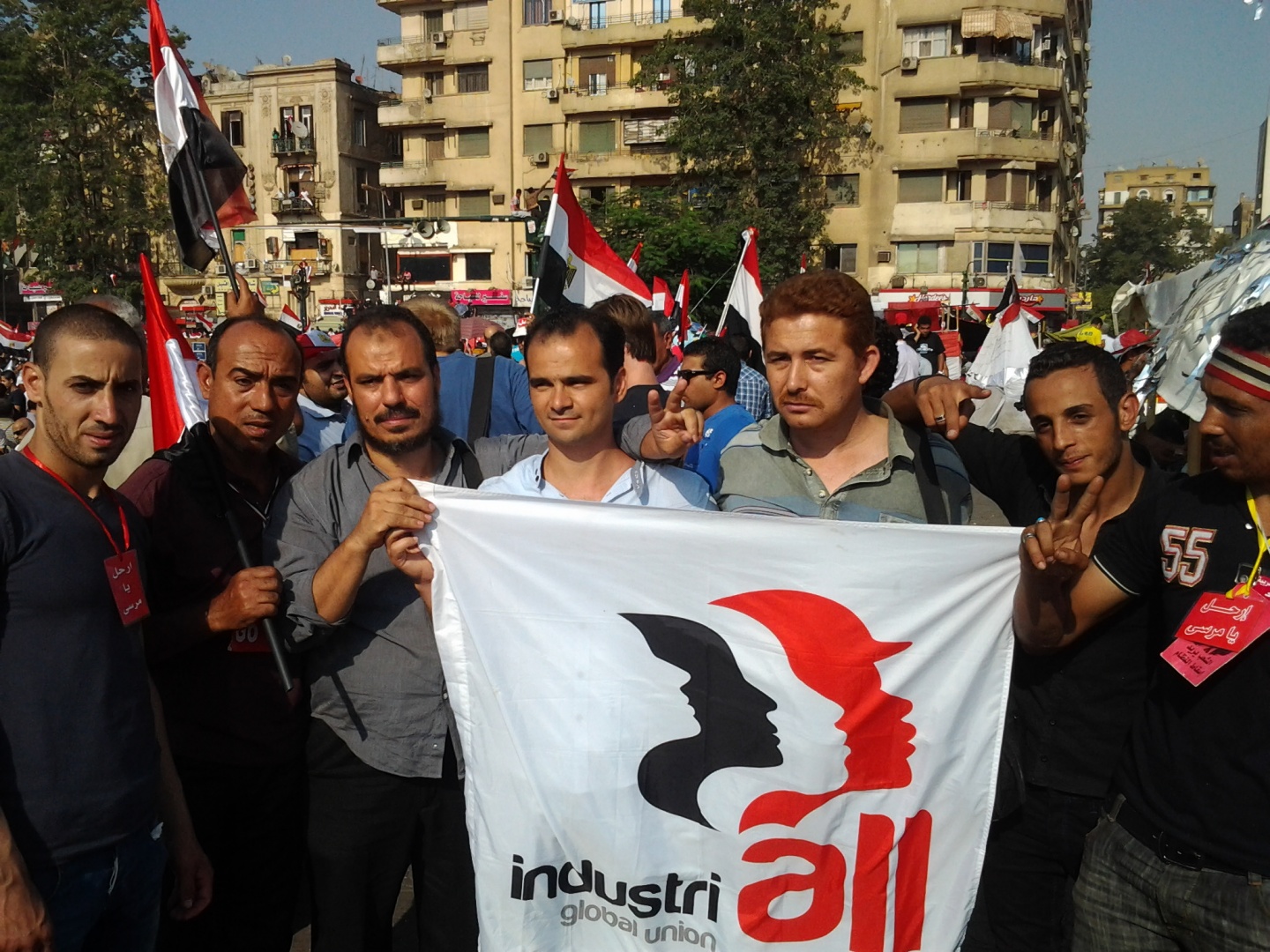3 July, 2013Cairo resounds to the calls of "Irhal! Irhal!" ("Leave! Leave!"), as 14 million people march across Egypt demanding the President resign in one of the largest demonstrations seen in the history of the world!
Huge protests across Egypt calling for the resignation of President Mohammed Morsi began on 30 June, 2013 and continued throughout the night. Millions of protesters across the country accuse the country's first Islamist president of failing to tackle economic and security problems since taking power a year ago.
Egypt's economy is in free-fall: the pound has dropped in value by nearly 20 per cent since Morsi took office, and many businesses are paralysed by widespread fuel and electricity shortages. Public anger has soared over expanding power cuts, water cut-offs in some districts and falling living standards. Human rights abuses remain widespread, rights groups say, with president Morsi's administration doing little to rein in the notoriously brutal security services.
As the first anniversary of his election approached people opposed to President Mohamed Morsi had already rallied in Cairo's Tahrir Square for three days calling for him to resign, while his supporters vowed to defend his legitimacy to the end, leading to fears of confrontation. The army deployed tanks and other military vehicles in the streets of Cairo.
The anti-Morsi protests were organised by a grassroots campaign calling itself Tamarod, meaning "rebellion" or "insubordination", which claims to have collected signatures from 22 million Egyptians demanding the president’s departure. The campaign has united many liberal and secular opposition groups, including the National Salvation and many ordinary Egyptians, angered by Morsi's political and economic policies.
The independent trade unions are strong supporters of the campaign with the Egyptian Federation of Independent Trade Unions (EFITU) and Egyptian Democtratice Labor Congress (EDLC). According to EFITU statement announcing their participation in the 30 June protest against the President, the situation for workers in Egypt has worsened after they played an integral role in removing ousted President Hosni Mubarak from power in 2011. They also criticized the current government for being put on a short-term blacklist by the International Labour Organization and asked why, after two years of discussions, the government had yet to pass a new law concerning union freedoms.
So far in Egypt workers are given prison sentences for striking, while in the same time the government stays silent at 4,000 factories being shut down and causing thousands of job losses.
Regrettably, in one of his recent speeches, president Morsi has publicly blamed electricity workers for the current electricity outage crisis and accused them of bribes. http://www.industriall-union.org/a-first-national-strike-in-egypt. In his comment to this insult Wael Akl, president of the IndustriALL Egypt affiliate the General Trade Union of Electricity and Energy (GTUEE) said, "instead of appreciating the efforts of electricity workers in such hard times, the president exposes our members' lives to more risks due to his direct accusation of bribery as this would incite violence against electricity workers" and urged the president not to blame workers for his government’s failure.
Most workers hope 30 June is the date that marks the beginning of the end of the Islamic group that came to power with Mohamed Morsi exactly one year ago. The new unions are fighting for survival and IndustriALL Global Union is strongly supporting their struggles.
Following the continued demonstrations and strikes the military gave a 48 hour ultimatum to the President, which at the time of writing is running out.










